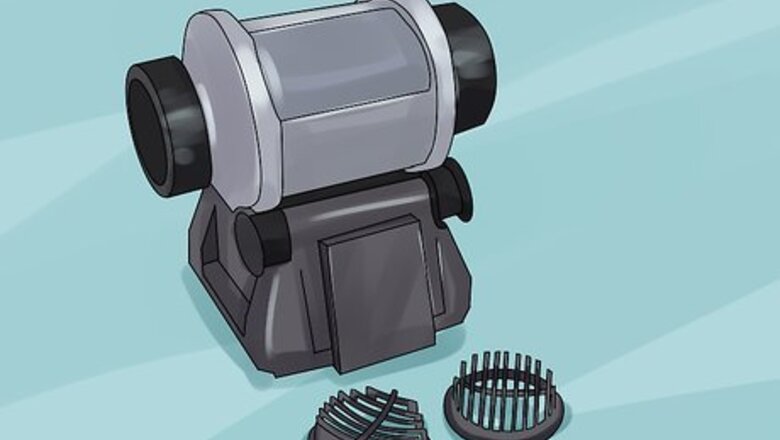
views
Selecting a Brass Tumbler
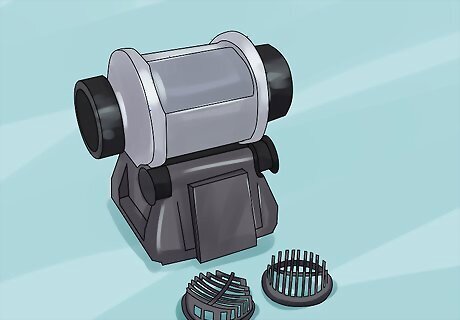
Buy a rotary tumbler. For the simplest brass cleaning option, buy a rotary tumbler. Rotary tumblers are machines that polish and clean, and are a good option for cleaning brass casings in that they operate quietly and cost less than other tumblers. The disadvantages of this tumbler are that they operate slowly and use more polishing media than other tumblers.
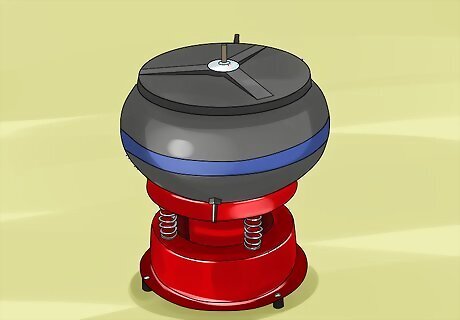
Purchase a vibratory tumbler. Vibratory tumblers are a loud but fast option for cleaning brass casings. Depending on the model you choose, and the size and condition of your casings, cleaning might take between 2-3 hours. Choose a newer model with a built-in timer to make cleaning easier, and determine what size you should buy based on your needs (e.g. large models can hold up to 900, 9mm cases).
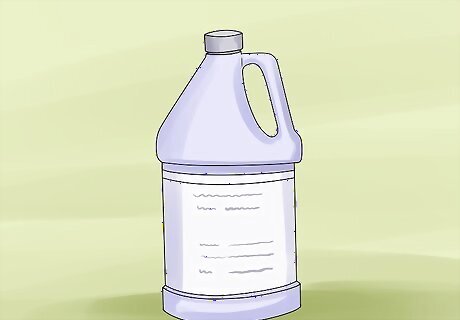
Purchase case cleaning products. Keep up to date on what products are available for case cleaning by visiting message boards online or browsing online stores. For the best clean, choose a cleaning solution that will remove powder fouling residue, dirt, and discoloration. For instance, the Iosso case cleaner kit contains a bottle of cleaning solution, as well as a bucket and strainer bag, to submerge and clean up to 1,500 brass casings.
Choosing which Media to Use
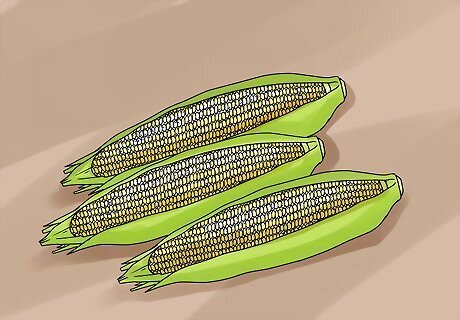
Use corn cob. If you only need to give your brass casings a light cleaning, opt for corn cob media. Brass casings which have only been fired once, or that are not overly tarnished, can be cleaned with this media. Shop for treated corncob media, which contains an extra polishing compound that will leave your brass looking extra clean.
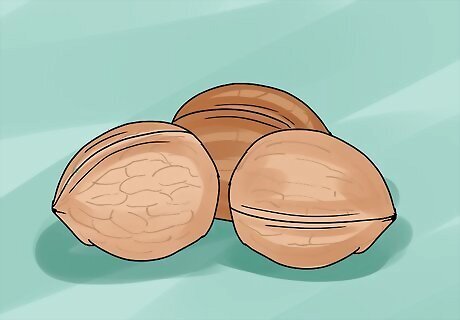
Opt for walnut shell. Brass casings that are more heavily tarnished, either used without a cleaning for many re-loadings or left on the ground for too long, need an aggressive media. Walnut shell is a good option that can be used in both rotary and vibratory tumblers. Purchase treated walnut shell media rather than untreated walnut shell media, which would require you to add extra polish to clean your casings effectively.

Go for stainless steel pins. Stainless steel pins are the most effective media for cleaning brass casings as they clean them inside more effectively than walnut shell and corncob. This media also does not require extra polish, but it can only be used in a rotary tumbler. Add dish detergent or a cleaning product to the mix for the most effective clean possible.
Cleaning the Casings
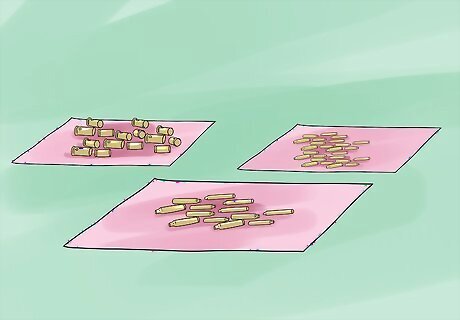
Sort your brass casings. Always make sure to sort your brass casing by size and type before cleaning them. If you do not sort them, the smaller casings may become lodged inside the larger casing during the tumbling process, or be damaged by them. Lay down an old towel or sheet and spread out your casings on it, then separate them into different containers.
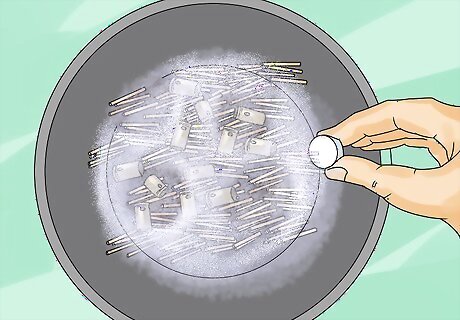
Set the machine. To start cleaning your casings, add the media of your choice to the machine, as well as some polishing powder, and your brass casings. If you are using stainless steel pins as media in a rotary tumbler, add water and dish detergent, or another cleaning product. Shut the tumbler firmly and start the machine. Refer to the directions for your particular machine to determine the quantities of media and polishing agent to add.
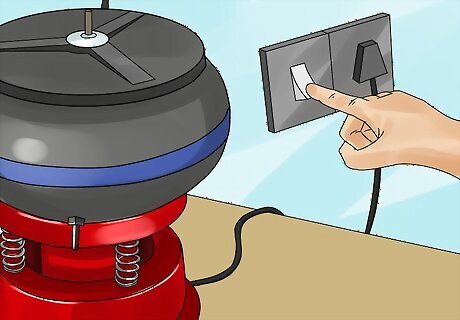
Run the machine. If you are using a vibratory tumbler, run it for 2-3 hours to clean your casings. If you are using a rotary tumbler, you will have to run it longer (closer to 8 hours). Check your casings when you stop the machine to determine if you would like them to be cleaner, and add time accordingly.
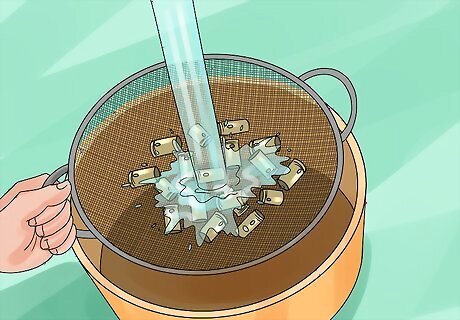
Rinse your brass casings. To remove any debris that might remain from the cleaning media, rinse your brass casings under water. Separate them from the media by hand and place them in a large strainer, or in a large bucket (using a small strainer to rinse one small portion of them at a time). Rinse under water until all signs of debris are gone.
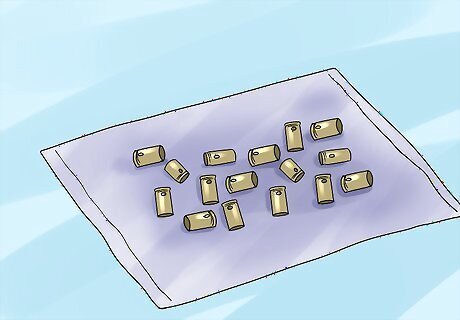
Dry the casings. After rinsing your casings, lay a dry towel onto the ground, Spread out your newly washed casings in a single layer on the towel. Leave them out to air dry for several days to ensure that they are fully dry.


















Comments
0 comment